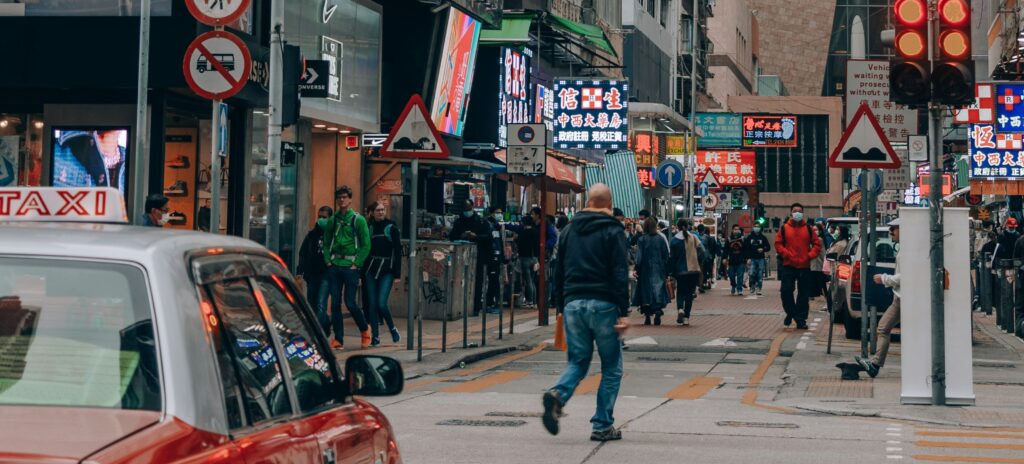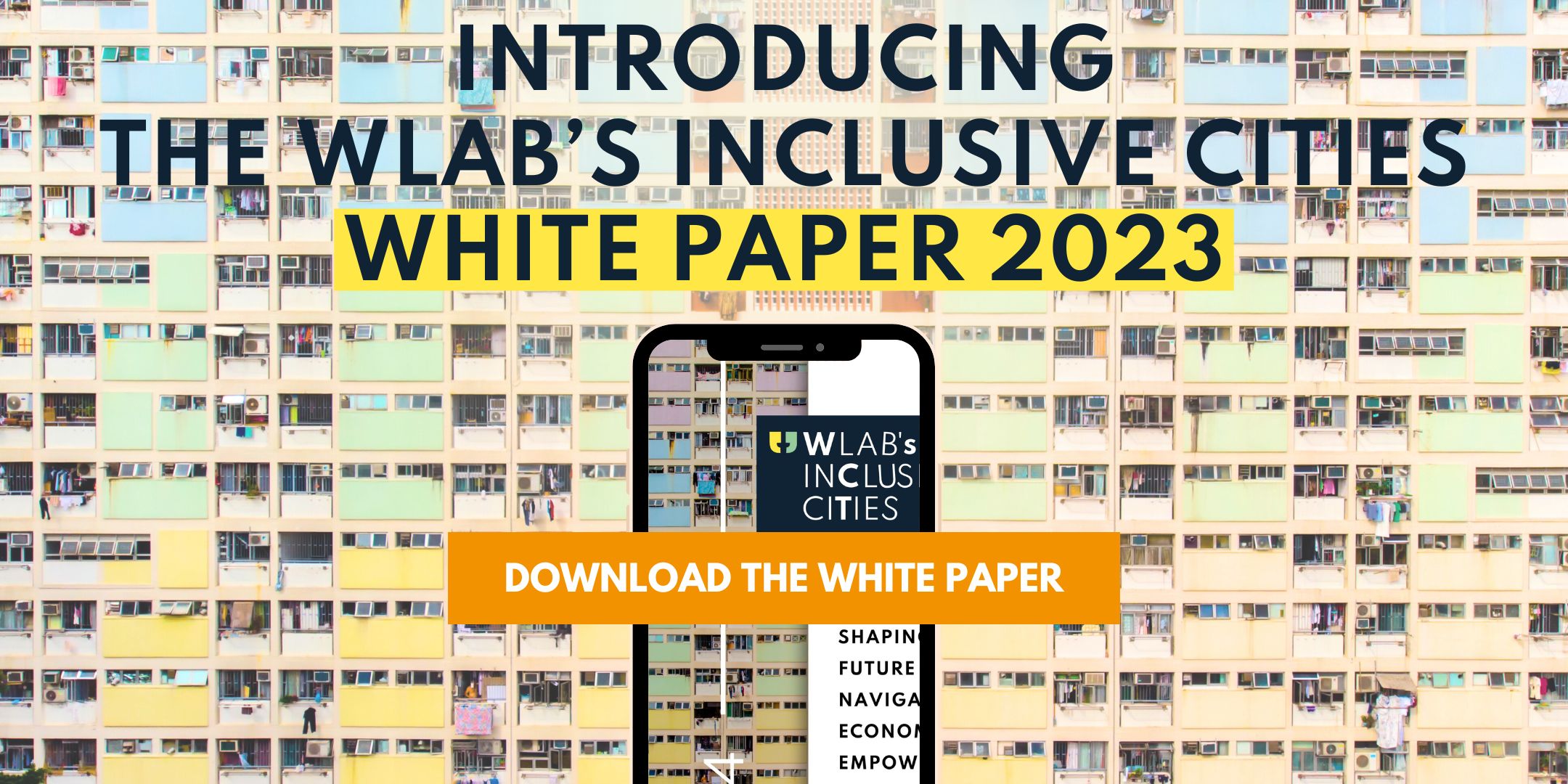STARTUP INNOVATION EMPOWERING TALENT INCLUSIVE CITIES ENTREPRENEURSHIP NEW ECONOMY YOUTH EMPOWERMENT WICS 23
Overview
Urbanisation continues to shape the world, and with it comes the responsibility to create cities where everyone has the opportunity to thrive. The WLAB’s Inclusive Cities Summit 2023 explored innovative solutions and real-world strategies to make this vision a reality.
Last year’s discussions centred on the intersection of equity, accessibility and sustainability, delving into critical topics such as affordable housing, inclusive mobility, access to essential services and pathways to economic opportunity.
This White Paper captures the learnings, stories and forward-looking ideas shared during the summit. It serves as a guide for decision-makers, urban planners, and citizens committed to shaping cities that work for everyone.
Scroll down to download the key takeaways and see how we can build a future where cities truly belong to all.
#WICSHK23

The WLAB’s Inclusive Cities White Paper covers:

Empowering the next generation will be a central theme, focusing on education, mentorship, and opportunities for young people. Talks and workshops will address how to harness the potential of youth to drive social change, innovation, and sustainable development.
Discussions will revolve around the transformation of traditional economies into innovative, technology-driven systems. The impact of AI, automation, and digitalization on industries will be explored, along with the role of education and upskilling in preparing the workforce for these changes.
We also need to improve the quality of citizens’ lives by providing a habitable living environment that is connected with nature and greeneries. Research shows that access and exposure to nature and green spaces can promote overall health and wellbeing.
With an aging population, the conference will highlight strategies for providing comprehensive and dignified care for the elderly. Discussions will encompass healthcare, social support systems, and the integration of seniors into the community fabric.
The conference will feature insights from entrepreneurs, investors, and startup ecosystem builders. Topics will range from fostering a favourable environment for startups to thrive to the role of innovation in solving urban challenges.
Identifying and nurturing potential, emphasizing mentorship and overcoming challenges. We highlight diversity’s role, how technology is transforming talent development, and future trends in talent grooming.
Why we need to care
If cities are not inclusive and built for and by everyone, they will simply fail to thrive.
Here are some alarming statistics that help us understand the urgency of addressing these:



